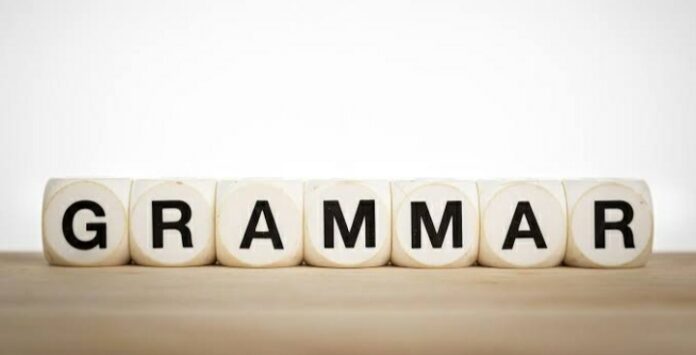What is a Verb ?
A word which indicate the position or state of the subject and express an action or possession of the subject is called a Verb.
A verb is a most important word in a sentence .
For example :
(a)Mahatma Gandhi is the father of country India.
(b) A Gentleman respects everyone.
(c) Ronit have my wallet .
In the above examples , the words is , respects and have are verbs because here ,
is indicates the position or state of the subject
respects expresses the action of the subject
have indicates the possession .
Different forms of a Verb :
There are three forms of a verb :
1) First Form ( The Present tense)
2) Second Form ( The Past tense)
3) Third Form ( The Past participle )
| Present Tense | Past Tense | Past Participle |
| go | went | gone |
| do | did | done |
Classification of Verb :
As we know that a verb is an important part of any sentence , therefore it becomes important to study the classification of Verbs.
Verbs can be classified into the following types :
- Main or Principal Verbs
- Auxiliary or Helping Verbs
- Transitive and Intransitive Verbs
- Verbs of Incomplete predication
- Strong and Weak verbs
• Main or Principal Verbs :
The verb which is expressing the state or action in a sentence is known as main verb . It is also known as principal verb .
For example :
• Vishu can bake the cheese cake.
• Ishank plays badminton .
Here , the verbs bake and play are expressing the state or action in the sentences therefore they are main verbs .
• Auxiliary or helping verbs :
The meaning of the auxiliary or helping is to provide support .Therefore Auxiliary or helping verb is defined as the verb which provides support to the other verb and shows the manner of actions offered by main verb .
Helping verbs are also used to make negative and interrogative sentences.
The verbs like is , was, shall , be , do , have , etc are helping verbs .
For example :
• Robin can dance .
• Ram is making pan cakes .
Here can and is are helping verbs.
• Transitive and Intransitive Verbs :
1) Transitive Verbs :
A verb which denotes an action that passes over from subject to object i.e., it includes object to complete it’s meaning is a Transitive Verb.
Example :
(a) Teacher asked a question.
(b) Rehman offered chocolates to the kids .
In the above examples , asked and offered are verbs and they require objects a question and chocolates respectively to make complete sense .
2) Intransitive Verbs :
A verb which denotes an action that doesn’t passes over from subject to object i.e., it doesn’t includes object in order to complete it’s meaning is an Intransitive Verb.
Example :
(a) The tournament was won.
(b) Meera sleeps.
In the above examples , was won and sleeps are Intransitive verbs.
• Verbs of Incomplete predication :
Verbs , unlike transitive and Intransitive verbs, doesn’t take an object but requires another group of words to complete it’s meaning are Verbs of Incomplete predication.
Example :
(a) The driver drives too harsh .
(b) The last night was awesome .
Here , the words too harsh and awesome are required to complete the meaning of the verb drives and was respectively , therefore these are examples of Verb of Incomplete predication.
• Strong Verbs and Weak verbs :
1) Weak Verbs :
Those verbs which forms their past tense by adding -d or -ed or -t to the present form are Weak verbs .
For Example :
| Present Tense | Past Tense | Past Participle |
| race | raced | raced |
| gain | gained | gained |
| feed | fed | fed |
| lose | lost | lost |
Note :
Along with this , the inside vowels of some of the verbs also changes to form their past tense and also undergo change in a final -d or -t which is not there in present form , then they are also Weak verbs .
For example :
| Present Tense | Past Tense |
| Tell | Told |
| seek | sought |
2) Strong Verbs :
The verbs which forms their past tense by changing the inside vowels of their present tense are Strong verbs.
For Example :
| Present Tense | Past Tense | Past Participle |
| choose | chose | chosen |
| lie | lay | laid |
| give | gave | given |
| hold | held | held |





